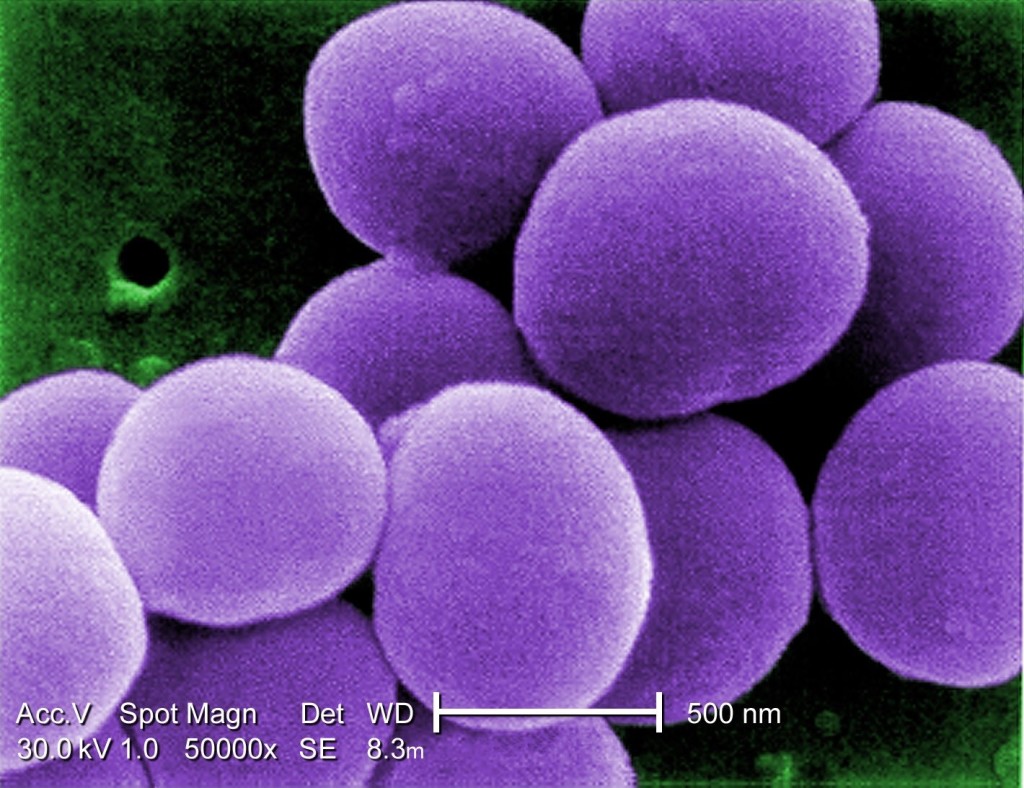WESTWOOD—According to a report from UCLA, an estimated 179 patients were exposed to an antibiotic resistant superbug at the school’s Ronald Reagan Medical Center.
The bacteria, known as carbapenem-resistant Enterobacteriaceae, or CRE, may have already been responsible for the deaths of two individuals exposed during endoscopic procedures between October 2014 and January 2015.

Patients exposed to the superbug have been sent in-home test kits that the university will analyze for further contamination.
CRE contamination is estimated to be fatal to nearly half of infected patients. Infections have been reported in all, but three U.S. states. CRE infection attacks the bladder and lungs, resulting in coughing, fever, and chills.
UCLA believes the outbreak was caused by a number of contaminated endoscopes, tools used to diagnose pancreatic and bile-duct afflictions.
According to a press release from the Food and Drug Administration, the intricate equipment can be difficult to entirely decontaminate, even if cleaning protocol is closely followed.
The school claims that the contaminated scopes had been cleaned according to manufacturing protocol.
“We notified all patients who had this type of procedure, and we were using seven different scopes. Only two of them were found to be infected. In an abundance of caution, we notified everybody,” said Dale Tate, a University of California-Los Angeles spokeswoman.
The outbreak of CRE at UCLA is one of several recent outbreaks nationwide. National figures on bacteria contamination cases are not kept. However, an outbreak occurred as recently as January 2015, when a Seattle hospital reported 35 contaminated patients and 11 fatalities.
For now, public health concerns will be placed upon developing new cleaning techniques and halting the spread of the current outbreak.
In a statement to the Los Angeles Times, Dr. Alex Kallen, an epidemiologist in CDC’s Division of Healthcare Quality Promotion said:
“This bacteria is emerging in the U.S. and it’s associated with a high mortality rate. We don’t want this circulating anywhere in the community.”





